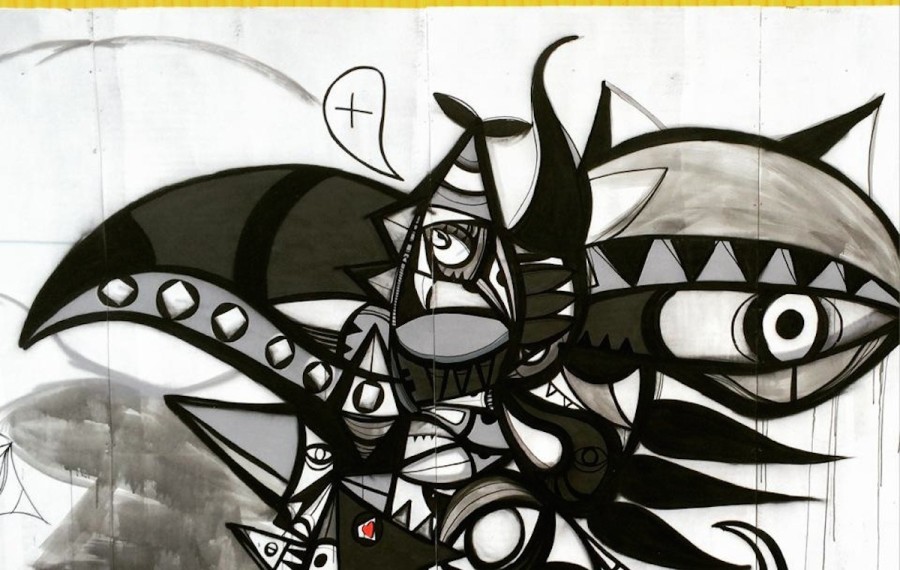
In a wide-ranging article which provides an overview of the Arab art scene in the West, Lana Asfour writes about the commission and performance of an opera based on the acclaimed novel Cities of Salt by Abdelrahman Munif as part of this year’s ongoing Shubbak festival.
As Asfour writes, Cities of Salt is “arguably [Munif’s] greatest work, and its adaptation into an opera is both a brilliant idea and a timely one.”
The librettists, Rosalind Morris and Yvette Christianse, contacted the Brunel Institute for Contemporary Middle Eastern Music for help finding a composer – ultimately choosing Syrian composer Zaid Jabri.
His score merges European and Arabic musical traditions, absorbing Eastern quartertones and popular music into the Western symphonic tradition.
Scenes from the opera will be presented scenes in concert at the Royal Opera House on July 22.

Other highlights from the festival include Badke, which Barbara Newman describes as “an 80-minute explosion” of dance inspired by dabke:
Stamping and clapping in complex rhythms, running crisp patterns at ground-skimming speed, joyously airborne in nonchalant flips or quaking as if possessed by spirits, these gifted artists threaded their deep-rooted traditions with moments of intense anger, fear and despair
Newman also discusses When the Arabs Used to Dance, by the Tunisian choreographer Radhouane El Meddeb, which “focused exclusively on the alluring entertainers featured in popular Arab cinema of the 1960s and ‘70s.”
One of the most compelling installations this year is Another Day Lost by Issam Kourbaj, which reflects on the Syrian crisis and attempts to make the statistics of refugees visible as something more than numbers:
The installations resemble ‘camps’ constructed out of waste materials, such as medicine packaging and discarded books. The ‘tents’ are marked with Kourbaj’s distinctive black lines, based on Arabic calligraphy and traditional mourning ribbons, and encircled with a ‘fence’ of used matches. The sites are scattered around London, mapping out and loosely reflecting the geographic pattern of refugee presence outside the borders of Syria.

As this year marks the 65th birthday of celebrated Palestinian filmmaker Michel Khleifi, the Shubbak festival has “invited him to curate the film festival program. Under the banner of “A Homage to Michel Khleifi”, the filmmaker has selected a series of films, many from his own works, that explore depictions of Arabs and the Arab world in European cinema.”
Shubbak will continue through to the 26th of July. Here are some more highlights. You can see the full program here.
One thought on “Highlights of Shubbak 2015”